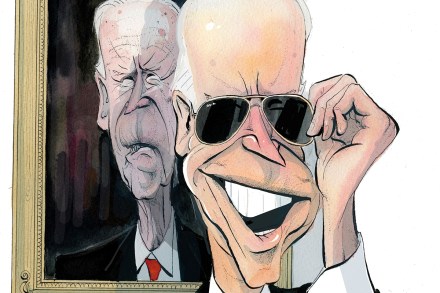Will reopening schools really cause a second spike?
Why do so many news outlets – the BBC in particular – prefer reporting grim worst-case scenarios made by mathematical models to more optimistic real-world data? The Today programme excelled itself again this morning by putting in its lead 8.10am slot a study by UCL and the London School of Hygiene and Tropical Medicine into the possible consequences of the Covid-19 epidemic on reopening schools. Many listeners will have picked up on, and gone away with, one simple message: that a second spike of Covid-19 next winter could be twice as large as the first. It feeds into the general paranoia of the past week, in which the Prime Minister





















